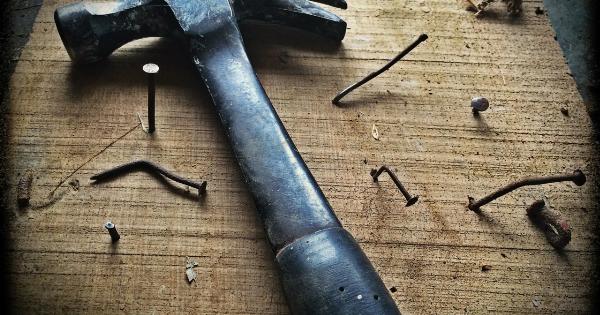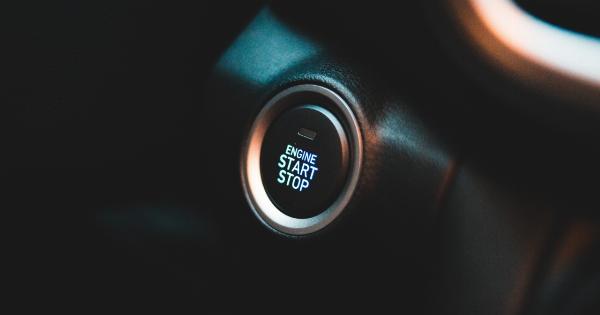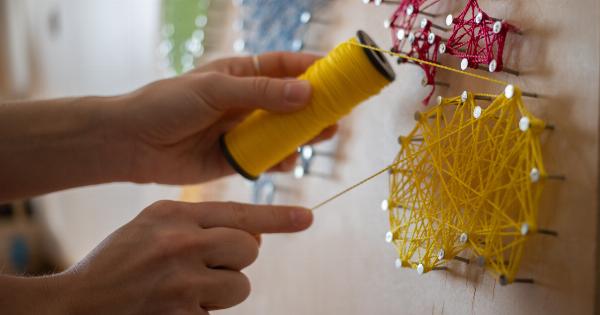When nail-biting becomes a habit, it can have serious consequences for your overall health. Not only can it lead to infections and other skin problems, but it can also cause excruciating pain when the nails penetrate deep into the skin and ovaries.
What causes nails to penetrate into the skin?
Nail-biting can cause the nails to become jagged and uneven. When nails are not trimmed properly, they can grow into the surrounding skin, causing severe pain and discomfort. The most common areas where nails penetrate the skin include:.
- Fingers and toes
- The skin around the nails
- The cuticles
When a nail grows into the skin, it can cause inflammation, redness, and swelling. The pain can range from mild to severe, depending on the depth of the penetration.
In some cases, the nail can even break off, leaving a sharp edge that can continue to cause pain and discomfort.
What are the symptoms of nail penetration?
The symptoms of nail penetration can vary, depending on the severity of the condition. Some of the most common symptoms include:.
- Redness and swelling around the affected area
- Pain and tenderness when pressure is applied to the affected area
- Bleeding and discharge from the affected area
What are the complications of nail penetration?
If left untreated, nail penetration can lead to serious complications. Some of the most common complications include:.
- Infection
- Abscess or pus formation
- Tissue damage
- Permanent scarring
In some cases, nail penetration can even lead to damage to the ovaries. The ovaries are located in the pelvic region, and if a nail penetrates the skin in this area, it can cause serious damage to these essential reproductive organs.
How is nail penetration treated?
The treatment for nail penetration depends on the severity of the condition. In mild cases, simply removing the nail from the affected area and applying a topical antibiotic ointment may be enough to alleviate the symptoms.
However, in more severe cases, your doctor may need to surgically remove the nail or drain any abscesses that have formed. Antibiotics may also be prescribed to prevent or treat any infections that have developed.
How can nail-biting be prevented?
The best way to prevent nail-biting is to address the underlying cause of the habit. In many cases, nail-biting is a result of stress, anxiety, or boredom.
Finding healthy ways to manage stress and anxiety, such as exercise or meditation, can help reduce the urge to bite your nails.
In addition, maintaining good nail hygiene can also help prevent nail-biting. Keeping your nails trimmed and filed can help prevent them from growing into the surrounding skin.
Avoiding biting or tearing at the skin around your nails can also help prevent infections and other complications.
When to see a doctor
If you are experiencing symptoms of nail penetration, it is important to see a doctor as soon as possible. Left untreated, nail penetration can lead to serious complications, including infection and tissue damage.
Seeking prompt medical attention can help ensure that the condition is properly treated and that any complications are avoided.
Conclusion
Nail penetration can be a painful and debilitating condition. It can lead to infections, tissue damage, and even damage to the ovaries if left untreated. Preventing nail-biting and maintaining good nail hygiene are key to preventing this condition.
Seeking prompt medical attention if you are experiencing symptoms can help ensure that the condition is properly treated and that any complications are avoided.


























